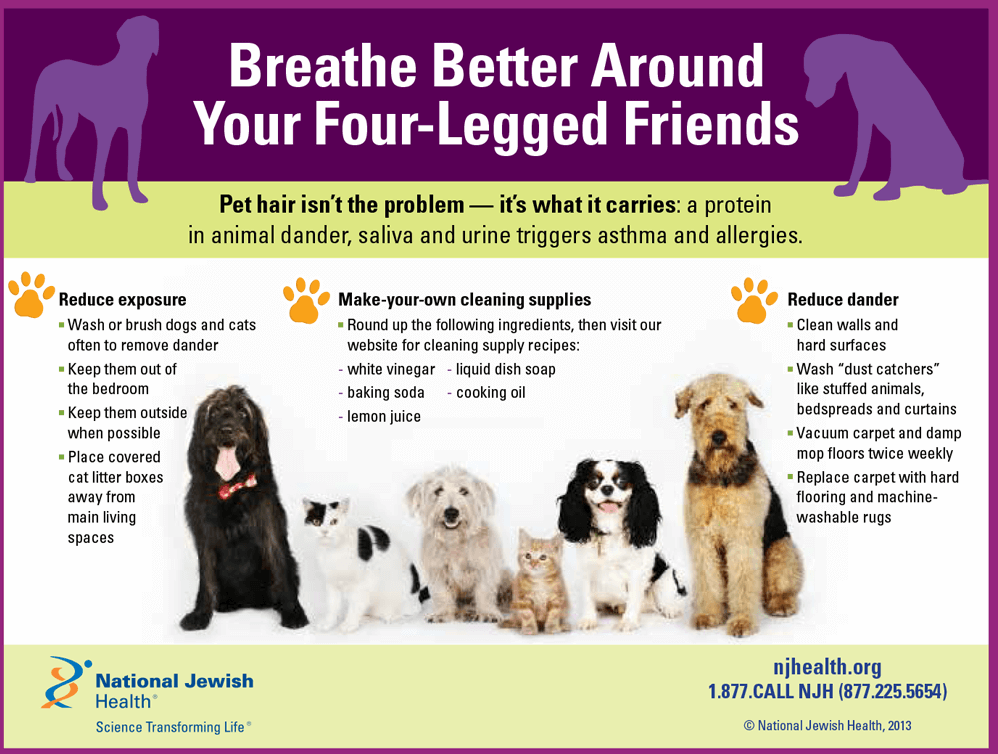Numerous pet dogs enjoy childcare and enjoy to be with their hair brother or sisters all day. Nevertheless, for some dogs it can be difficult.
Look for a center with licensed instructors and behaviorists that get on the floor whatsoever times, watching over the group play. This is specifically vital for pet dogs that are reactive, exhibit source securing or come to be antisocial or compulsive.
1. Overcrowding
For many pets, childcare is a positive experience that offers physical and mental workout to burn pent up power. Nonetheless, the increase of new dogs, scents and atmospheres can be overwhelming for some dogs.
Pets must be paired with various other dogs that are similar in dimension, age, socializing and play design to make certain safety and prevent overstimulation. However, overcrowding is common at canine day cares and can trigger character clashes and harassing that cause injuries.
Ask what precaution the center requires to maintain your dog secure. As an example, exists an exterior room for pets to run away the groups? Does the center have normal breaks for your dog to relax their nerves? Ask what sort of emergency treatment and mouth-to-mouth resuscitation training staff members have and if they know with carrying out drug to your pet. Additionally, it is necessary to make sure your pet's food and drugs remain in a classified bag that childcare personnel can swiftly gain access to.
2. Modifications in routine
The end of summer is coming and with it comes big modifications as kids return to institution and individuals return to their work schedules. This can be demanding for your dog. They'll miss out on all the hiking and playtime you do together and might begin to really feel bored. Their habits might change also, such as too much barking or harmful habits.
Canines love regular, so an abrupt change in their everyday routine can create them stress and anxiety. Make certain to prepare ahead and gradually modify your feeding and stroll times in the weeks leading up to back-to-school. This will help your pet adapt to their new schedule and reduce any kind of unwanted behavior.
Childcare is a superb method for canines to obtain a lot of physical and mental exercise, specifically if they are young or energetic. They also obtain socialization experiences that will develop confidence and etiquettes, which can help them handle the anxiety they could experience from points like trips to the veterinarian, sees to your home or office and various other difficult events.
3. Splitting up anxiety
The drop off and grab procedure can be a bit demanding for canines, especially when it's the very first time. Numerous pet day cares offer a regular daily timetable, and gradually dog daycare and boarding near me this helps family pets feel comfy and protected while they're far from their owners.
Structured play, structured rest periods and regular treat times all help pet dogs develop a feeling of familiarity and predictability. This, incorporated with positive support, helps reduce separation anxiousness symptoms.
Socializing also maintains dogs literally and mentally busy, which can make them less reactive to stress factors when they're home. This, together with favorable reinforcement, aids to minimize anxiety and boost self-confidence.
4. Not being watched play
Canines that are not mingled frequently can come to be anti-social-- this is frequently viewed as dog hostility. This can take place even in a well-managed childcare setting, so make sure to see the dogs very carefully. Look for a ratio of 11 or much less dogs to floor individuals. Staff ought to be playing and connecting with the dogs, not sitting at their workdesks or looking at their phones.
The facility must have a silent area where the canines can loosen up and recharge between play sessions. This is particularly vital for high-energy breeds that need to burn added energy or low-energy older canines.
Ask the personnel what they do to maintain the dogs soothe. They must make use of positive reinforcement (appreciation, stroking, play) and never ever use physical punishment or aversives. They must additionally be learnt pet first aid and mouth-to-mouth resuscitation. Finally, the center needs to have an effective protocol for feeding times to avoid food aggressiveness.
